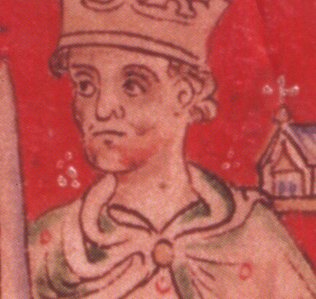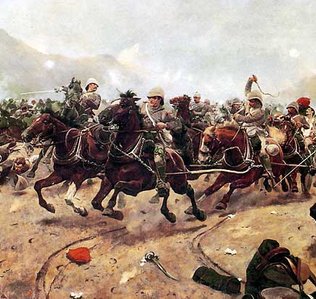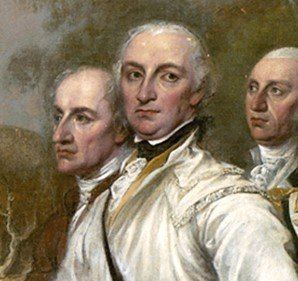Other Features
It can be exciting to explore new historical vistas or personalities. The Gurkhas in Borneo feature was a chance to delve into one of the many ‘small wars’ that flared up during Britain’s post-war retreat from Empire. During my research, I visited the excellent Gurkha Museum and learnt more of their amazing history. This included the role Gurkhas had played under the command of General Roberts during the Second Afghan War, a conflict that offers many interesting and important comparative lessons for today. Meanwhile, I always found the Third Crusade a fascinating period and investigating the wars between Richard and Philip in France soon afterwards felt like exploring a new and exciting chapter added to an old favourite. I hope to add this feature shortly.
Click on the pictures below to access the features or use the tabs above.
The Lion Roars in France
Richard I's greatest rival, Philip II of France, captured many of his Norman lands as he wallowed in captivity at the hands of the Holy Roman Emperor. Released in February 1194, would the Lionheart take his revenge?
The Long Road to Kandahar
The Second Afghan War was a mix of imperial intransigence and Great Game realpolitik. Frederick Roberts and his men found themselves in the middle of it, making a gruelling dash to the relief of Kandahar.
Gurkhas in Borneo
With the sun setting on the British Empire, it was time to support the newly-independent Commonwealth nations. This included helping Malaysia retain control over northern Borneo, with Britain's formidable Gurkha units at the vanguard.
Revolutionary Rifleman
Daniel Morgan's first taste of command was a bitter disappointment. He would not make the same mistakes again and, along with his famous riflemen, he achieved crowning success at the Battle of Cowpens in 1781.



